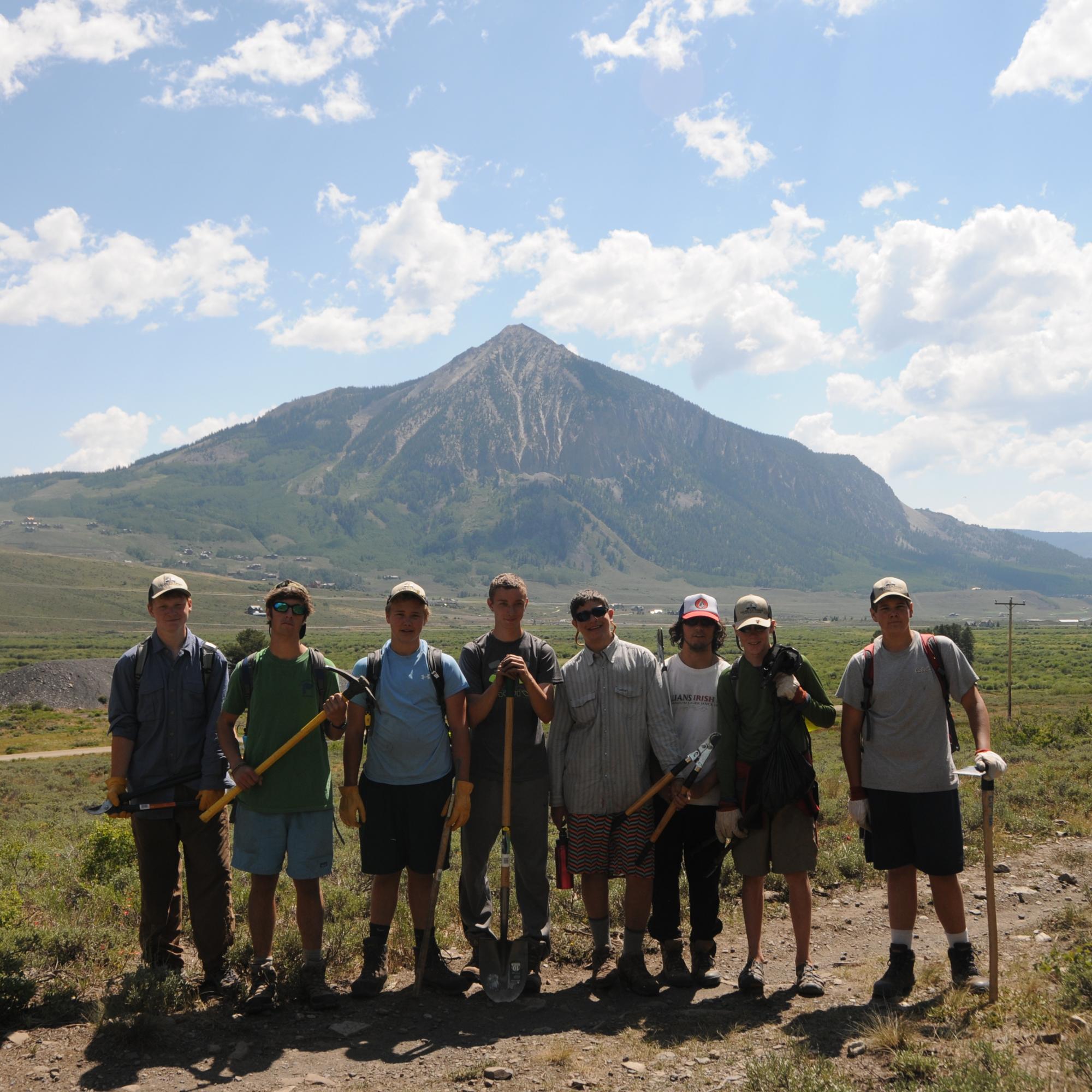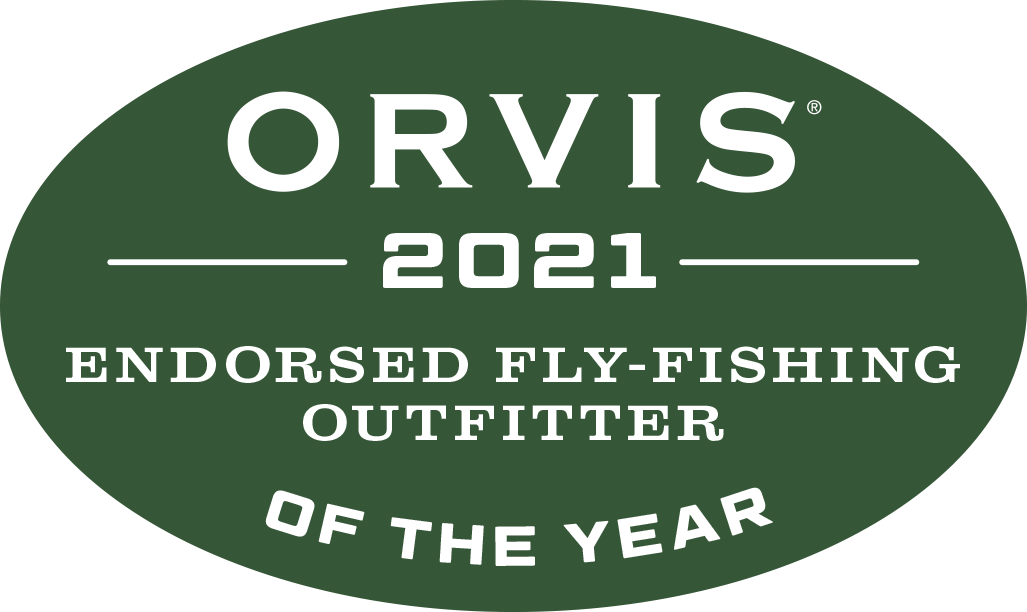We’re part of nature, and ultimately we’re predatory animals and we have a role in nature, and if we separate ourselves from that, we’re separating ourselves from our history, from the things that tie us together. We don’t want to live in a world where there are no recreational fishermen, where we’ve lost touch with the seasons, the tides, the things that connect us to ten thousand generations of human beings that were here before us.
More than 30 million people go fishing in the U.S. every year. That’s second only to wildlife watching among outdoor activities. Unfortunately, fishing is loosing roughly 333,000 participants every year. According to the latest U.S. Fish and Wildlife survey this is largely attributed to the failure to recruit future generations of fishermen and women. Some environmental education organizations turn their backs on fishing and hunting. We have taken a different stance, agreeing with Dale Hall, director of the U.S. Fish and Wildlife Service, that for many Americans hunting and fishing remind us “why we should care about conservation and our natural history”. Take a look at a few ways fishing contributes to conservation, and you will understand why it is so important we inspire future generations of sporting conservationists.

Ecology
Fishing, and especially fly fishing, require an understanding of ecology. Studies support that through participation in fishing and the subsequent understanding of human impacts on ecosystems, fishermen and women develop an increased environmental ethic.
Contribution
“Hunters and fishers spend roughly $750 million a year in the U.S. on licenses and public land access fees alone… more that half of all funding for state natural resources agencies”. (U.S. Fish and Wildlife Survey)
History
In the 75 year history of excise taxes on hunting and fishing equipment, hunters and fishers have contributed a “cumulative total of more than $10 billion for wildlife conservation efforts by State and Territorial wildlife agencies for fish and wildlife management”. (U.S. Fish and Wildlife Survey)
As younger generations continue to replace outdoor recreation with time in front of a computer monitor, adolescents are losing their connection to nature. Our staff has years of experience teaching adolescents to fly fish. Through this experience we have observed that the decline in youth fishing participation is not due to a lack of interest, instead a lack of education and opportunity. Given the chance, adolescents are just as eager to catch a fish as ever. It is our generation’s responsibility to make sure that they have this opportunity. As Robert Kennedy Jr. said, “We don’t want to live in a world where there are no recreational fishermen”.

